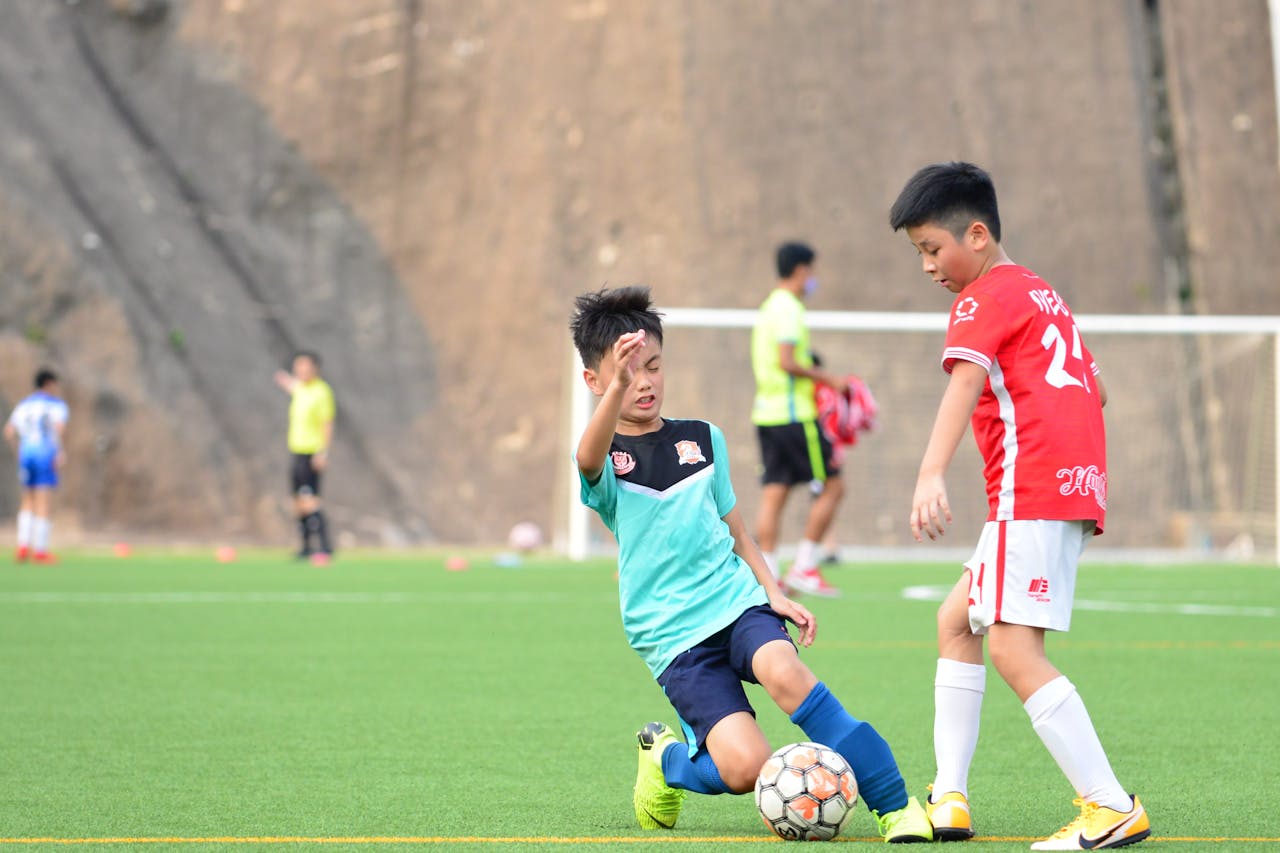Being a Better Parent: How to Support Your Athlete Child (Without Pressure)

As a parent, watching your child pursue their passion for sports can be one of the most fulfilling experiences. However, it also comes with challenges, especially when trying to strike the right balance between support and pressure. The key to fostering a positive athletic experience is to encourage your child while allowing them to develop their skills at their own pace. This article explores eight essential tips for parents to support their child athlete without imposing undue pressure, ensuring a healthy and enjoyable sporting journey.
1. Foster a Love for the Sport

Encouraging your child to enjoy their sport is crucial. Emphasize the fun aspects of participating in athletics rather than focusing solely on competition and performance. Attend games or practices with enthusiasm, cheer for all players, and engage in conversations about what they love about the sport. Creating an environment where enjoyment is prioritized can lead to a deeper passion for athletics. When children love what they’re doing, they’re more likely to work hard and improve naturally, without feeling the pressure to succeed.
2. Set Realistic Expectations

Every child is unique and progresses at their own pace. As a parent, it’s essential to set realistic expectations based on your child’s abilities, interests, and goals. Avoid comparing them to other athletes, as this can lead to feelings of inadequacy or burnout. Instead, focus on their individual growth and celebrate small achievements, whether it’s mastering a new skill or showing improvement in their performance. By recognizing their personal journey, you create a supportive atmosphere that encourages resilience and self-confidence.
3. Encourage a Balanced Lifestyle

Supporting your child athlete means promoting a balanced lifestyle that includes academics, social activities, and downtime. Encourage them to pursue interests outside of sports, as well-rounded experiences contribute to personal growth and well-being. Help them establish a schedule that allows time for homework, friendships, and relaxation, ensuring that sports don’t overshadow other important aspects of life. This balance helps prevent burnout and teaches valuable time-management skills that will serve them well in the future.
4. Be Their Biggest Cheerleader

Show your child that you are their biggest fan, regardless of their performance on the field. Celebrate their efforts and hard work rather than just the outcomes. Attend games, show enthusiasm, and offer encouragement both during and after competitions. Your support and positivity can have a lasting impact on their self-esteem and motivation. Even after a disappointing game or performance, remind them that you’re proud of their dedication and effort, reinforcing the idea that their worth is not tied to victory.
5. Foster Open Communication

Encourage open and honest communication between you and your child about their feelings regarding their sport. Create an environment where they feel comfortable expressing their thoughts, whether it’s excitement, frustration, or fear. Ask them questions about their experiences and listen actively to their responses. This practice not only helps them process their emotions but also strengthens your bond. By being attuned to their feelings, you can better understand their needs and provide support that resonates with them.
6. Respect Their Choices

It’s vital to respect your child’s choices regarding their athletic pursuits. If they express a desire to try a different sport or take a break, listen to their wishes and support them. Pressuring them to continue in a sport they no longer enjoy can lead to resentment and disengagement. Encourage them to explore various activities, allowing them to find their passion and interests. By honoring their choices, you demonstrate that their happiness and well-being are your top priorities.
7. Emphasize the Importance of Teamwork

Teach your child the value of teamwork and collaboration in sports. Emphasize that success in athletics often comes from working well with teammates and respecting one another. Encourage them to develop positive relationships with their fellow athletes, highlighting the importance of supporting each other, regardless of individual performance. This lesson will not only enhance their athletic experience but also instill essential life skills such as communication, empathy, and cooperation.
Final Thoughts
Supporting your child athlete without pressure is essential for nurturing their love for sports and ensuring a positive experience. By fostering a healthy balance, celebrating their achievements, and respecting their choices, you can help them develop a lifelong passion for athletics. Remember, the goal is not just to create champions but to encourage well-rounded individuals who thrive both on and off the field. Your love and support will leave a lasting impact, helping your child build confidence, resilience, and a deep appreciation for their athletic journey.
Leave a Reply